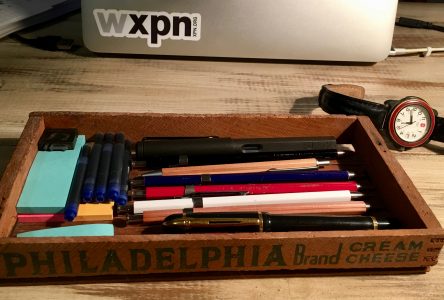Spencer Smith

In this essay, I incorporate Jenny Odell’s ideologies and connect them with a book referenced by her called Bartelby the Scrivener. I go into detail on the idea of having options when asked to perform day-to-day tasks we may not want to, especially in this crazy times with covid. I use the idea creative resistance to not only help Odell’s argument but to also add more detail on how to implement the issue that Odell initiates in her book How to Do Nothing.
The main quote I use multiple times throughout my piece is, “I would prefer not to.” This was first stated by Bartelby in the book Bartelby the Scrivener by Herman Melville. I use this quote many times because it backs up the theory of having options and providing passive resistance to what is being asked of us to do. Instead of saying a straight-up yes or no, Bartelby shocks everyone he works with by saying “I would prefer not to.” I take that one step further in my paper by re-phrasing Bartleby’s response to my own – “I would prefer not to do it that way, I would prefer to do it like this.”
Creating an Environment of Negotiation | by Spencers | Dec, 2020 | Medium










